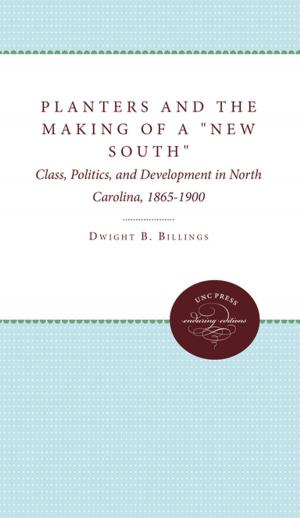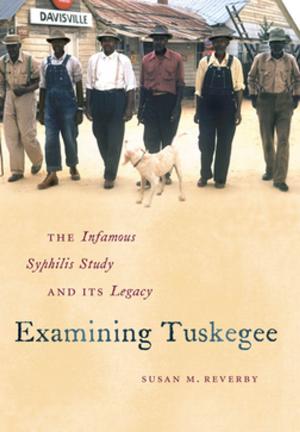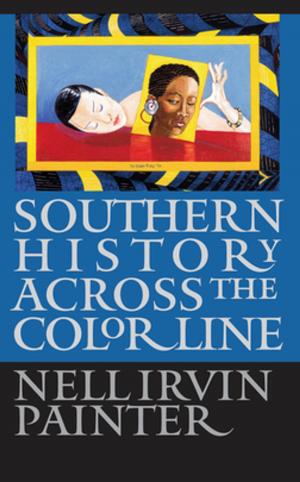Rome at War
Farms, Families, and Death in the Middle Republic
Nonfiction, History, Ancient History, Rome| Author: | Nathan Rosenstein | ISBN: | 9780807864104 |
| Publisher: | The University of North Carolina Press | Publication: | December 15, 2005 |
| Imprint: | The University of North Carolina Press | Language: | English |
| Author: | Nathan Rosenstein |
| ISBN: | 9780807864104 |
| Publisher: | The University of North Carolina Press |
| Publication: | December 15, 2005 |
| Imprint: | The University of North Carolina Press |
| Language: | English |
Historians have long asserted that during and after the Hannibalic War, the Roman Republic's need to conscript men for long-term military service helped bring about the demise of Italy's small farms and that the misery of impoverished citizens then became fuel for the social and political conflagrations of the late republic. Nathan Rosenstein challenges this claim, showing how Rome reconciled the needs of war and agriculture throughout the middle republic.
The key, Rosenstein argues, lies in recognizing the critical role of family formation. By analyzing models of families' needs for agricultural labor over their life cycles, he shows that families often had a surplus of manpower to meet the demands of military conscription. Did, then, Roman imperialism play any role in the social crisis of the later second century B.C.? Rosenstein argues that Roman warfare had critical demographic consequences that have gone unrecognized by previous historians: heavy military mortality paradoxically helped sustain a dramatic increase in the birthrate, ultimately leading to overpopulation and landlessness.
Historians have long asserted that during and after the Hannibalic War, the Roman Republic's need to conscript men for long-term military service helped bring about the demise of Italy's small farms and that the misery of impoverished citizens then became fuel for the social and political conflagrations of the late republic. Nathan Rosenstein challenges this claim, showing how Rome reconciled the needs of war and agriculture throughout the middle republic.
The key, Rosenstein argues, lies in recognizing the critical role of family formation. By analyzing models of families' needs for agricultural labor over their life cycles, he shows that families often had a surplus of manpower to meet the demands of military conscription. Did, then, Roman imperialism play any role in the social crisis of the later second century B.C.? Rosenstein argues that Roman warfare had critical demographic consequences that have gone unrecognized by previous historians: heavy military mortality paradoxically helped sustain a dramatic increase in the birthrate, ultimately leading to overpopulation and landlessness.















